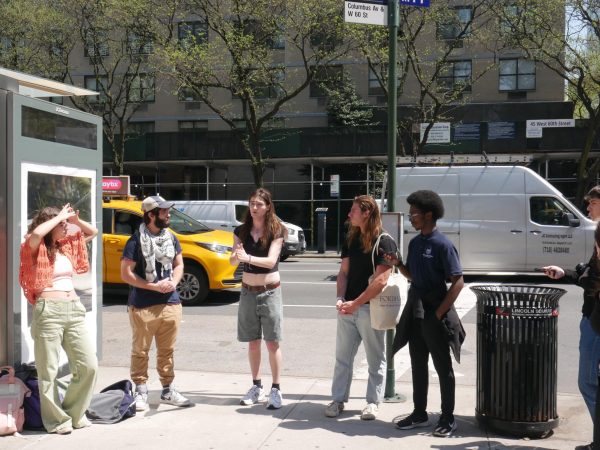Congress Discusses Potential Changes to College Title IX Standards
Once again, members of Congress are discussing potential changes to Title IX standards. The Title IX Take Responsibility Act aims to hold colleges and universities liable for their failure to prevent or properly handle cases of sexual misconduct when the institution is believed to have knowledge of said allegations, according to a report from the News-Herald. The bill would enforce a “reasonable care standard” for colleges and universities and provide individuals with a private right of action.
According to Rep. Debbie Dingell, a Democrat from Michigan and sponsor of the bill, these new standards are a necessary addition to current Title IX laws. “What needs to be addressed is how schools have a responsibility to investigate potential patterns on their campuses and not pretend they’re not happening or sweep it under the rug,” she said. “Even if charges aren’t filed after an assault, that doesn’t mean they aren’t happening.” The act’s goal is to provide victims with more protections separate from administrative actions that can be taken against the school.
The Title IX Take Responsibility Act of 2021 page on Congress’s official website provides a factual overview of the bill. In addition to Dingell, the bill is co-sponsored by Rep. Jahana Hayes, a Connecticut Democrat. The Take Responsibility Act falls under the House Committee on Education and Labor. It is still in the very early stages of the law-making process, having only recently been introduced to the House of Representatives. At this time, there is little information about support of the bill or how likely it is to pass. Readers can track the progress of the bill using the same site.
The Fordham Sexual Misconduct Policy outlines a variety of actions covered under Title IX, including quid pro quo harassment, sexual assault, dating violence and stalking, as well as procedures for students to follow if they experience any of those actions.
The legislation has been added to on several occasions, most recently in 2020. According to the article “U.S. Publishes New Regulations on Sexual Assault,” these changes were to the evidence standards. The regulations set in 2020 required institutions to use either the preponderance of evidence or a standard of “clear and convincing.” This raises the standards for proof, thus making it harder to determine that someone is guilty of sexual assault.
It is still unclear how the passage of this bill will affect Fordham because we don’t know what this bill will look like in its final stages. After a bill is originally introduced, there are several steps taken by different groups before it becomes a law, and bills are often edited or revised during this. Being so early in the process, there is plenty of time for changes to be made. However, it is not expected that the bill would change Fordham’s policy much because the school already has to track and report acts of sexual misconduct to the state under New York Education Law Article 129-B “Enough is Enough,” according to the New York State Education Department.
Additionally, the Fordham website states that the university runs an anonymous campus climate survey: “Climate surveys are useful tools because they can illustrate how effective we, the University, have been in communicating with students on the topic of sexual violence, gauge which efforts are working and which can be improved and identify new needs that have yet to be addressed.”
The university has put several measures in place to try to ensure students feel safe reporting any issues with misconduct. One of these measures is the assignment of a support person “to assist and support student-complainants when a report of sexual assault, stalking, dating violence, domestic violence or sexual exploitation is received,” as outlined by the Fordham Policy and Procedures. Students accused of misconduct can also be assigned a support person.
Additionally, the Campus Assault and Relationship Education (CARE) core program educates Fordham’s first-year students on issues related to “sexual and related misconduct” as well as resources available to students on campus. The United Student Government (USG) also has a committee dedicated to solving issues related to sexual misconduct. According to its webpage, the committee was created by the Sexual Misconduct Task Force during the 2014-2015 academic year. This committee is meant to educate and advocate for campus and national policy, as well as provide students with a platform to express any concerns.
It is not yet clear how the Title IX Take Responsibility Act might affect Fordham. Christopher Rodgers, assistant vice president and dean of students at Fordham’s Rose Hill campus, said, “I know that the several offices and professionals working to prevent, respond to and educate related to sexual misconduct across the University will be watching carefully for developments in legislation to assure we are up-to-date and in compliance with any new laws or regulations.”

Julianna Morales is a senior from Pittsford, N.Y., majoring in psychology with a double minor in English and disability studies. Julianna joined the Ram...











































































































































































































